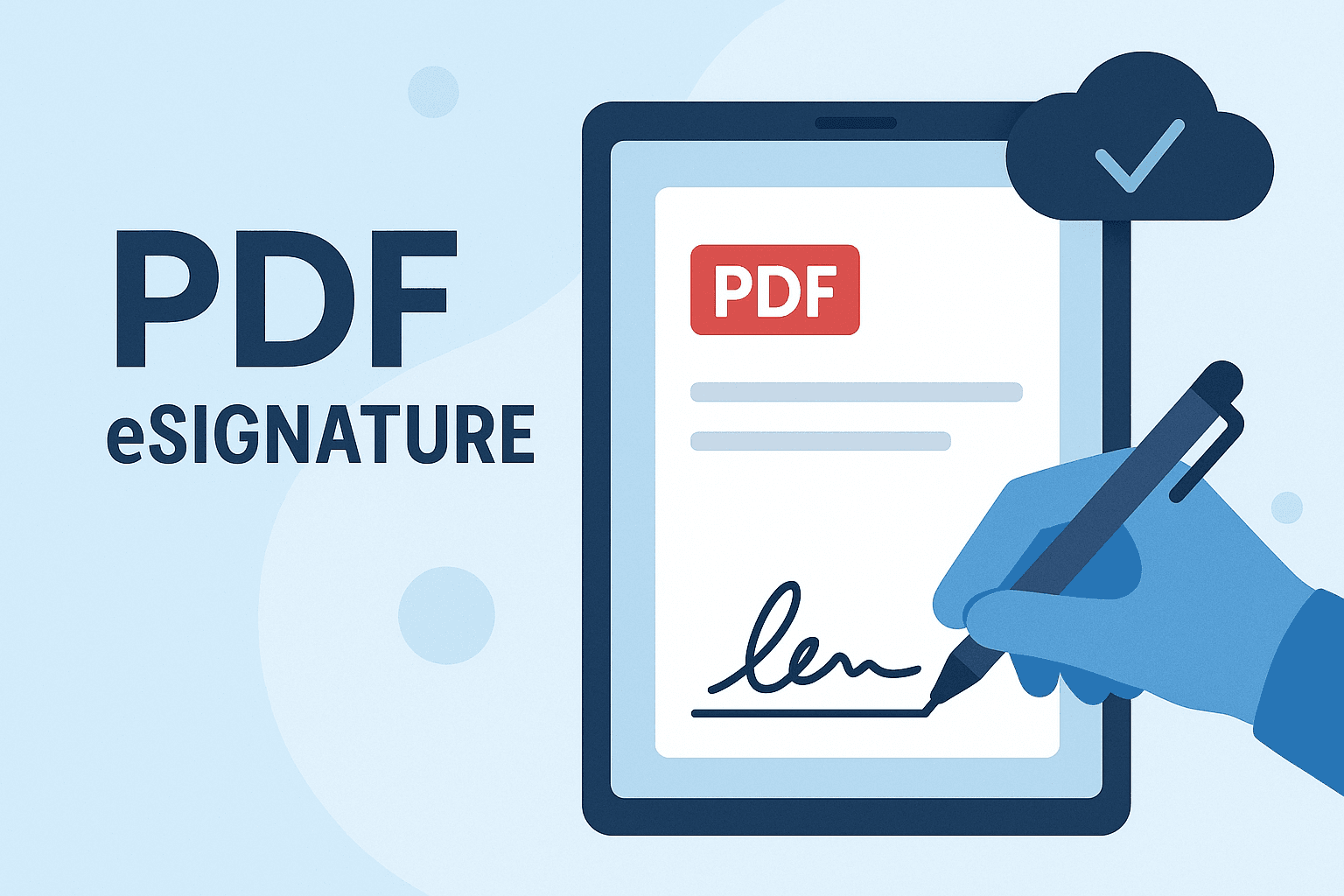what is digital signature technology





What Is Digital Signature Technology? An In-Depth Guide with Regional Compliance Insights
In the digital age, trust and security are the backbone of online transactions, contracts, and communications. As organizations and consumers shift toward paperless solutions, the demand for reliable verification methods has given rise to digital signature technology. This method is quickly becoming a standard for businesses aiming to ensure authenticity, data integrity, and legal compliance—especially under various local regulations. But what exactly is digital signature technology, and how does it differ from a regular electronic signature?
In this article, we will explore what digital signature technology is, how it works, and why compliance with regional laws—like those in Hong Kong and Southeast Asia—is crucial. Plus, we’ll introduce a modern solution that’s tailored to users in these local markets.
What Is Digital Signature Technology?
Digital signature technology is a type of electronic signature that leverages cryptographic algorithms to ensure the authenticity and integrity of digital documents. Unlike simple e-signatures, which could be a scanned image or typed name, digital signatures rely on public key infrastructure (PKI) to verify the sender’s identity and confirm that the document has not been altered.
In essence, a digital signature functions similarly to a handwritten signature but with an additional layer of security built-in. When properly implemented, digital signatures provide:
- Authentication – Confirming the signer’s identity.
- Integrity – Proving the data has not been changed.
- Non-repudiation – Preventing the signer from denying the signing action.

How Does Digital Signature Technology Work?
Digital signatures use asymmetric cryptography, a framework that includes two keys: a private key and a public key. The private key is used to sign the document, and the public key is used to verify it.
Here’s a simplified breakdown:
- The signer uses their private key to create a unique digital signature on a document.
- This signature, along with the signed document and certificate information, is sent to the recipient.
- The recipient then uses the public key to confirm:
- The identity of the sender.
- That the document has not been tampered with during transmission.
This entire process is invisible to the end-user but extremely powerful in ensuring the document’s authenticity.
Why Digital Signatures Matter: Legal and Regulatory Compliance
Digital signatures aren’t just a secure way of signing documents—they also comply with laws in many jurisdictions. However, the legal standing of digital signatures depends on adherence to local statutes and standards.
Hong Kong Compliance
In Hong Kong, digital signatures are regulated under the Electronic Transactions Ordinance (Cap. 553). To be legally recognized and have evidential weight in court, an electronic signature must meet several conditions, including the identification and intent of the signer and security measures that ensure document integrity.
Certified authorities, such as recognized certificate authorities (CAs) under the Hong Kong Post, validate digital signatures as per these legal requirements.
Southeast Asia Compliance
Southeast Asia presents a varied regulatory environment. Some key highlights:
- Singapore follows the Electronic Transactions Act (ETA), which aligns with the UNCITRAL Model Law on Electronic Commerce.
- Malaysia relies on the Digital Signature Act 1997, which goes into detail about licensing certification authorities.
- Indonesia, Thailand, and the Philippines have developed electronic signature legislation in line with international best practices.
Any business dealing in cross-border transactions within these territories must ensure compliance with each country’s laws to maintain legal validity and enforceability.
Use Cases: Where Digital Signatures Make a Difference
The secure and verifiable nature of digital signatures makes them ideal across industries:
- Legal: Contracts, affidavits, and court-related documents.
- Finance: Loan approvals, insurance agreements, and digital banking.
- Healthcare: Patient consent, medical records, and e-prescriptions.
- Education: Transcripts, diplomas, and application forms.
- Real Estate: Lease agreements, property transfers, and title deeds.

For each of these use cases, the key challenge isn’t just the ability to sign documents digitally—but also to do so in a way that is legally compliant and admissible in relevant regional jurisdictions.
Benefits of Digital Signature Technology
Digital signatures come with a range of business advantages:
- Security: Cryptographic techniques make forgery and tampering virtually impossible.
- Efficiency: Eliminates delays caused by manual signing and physical document delivery.
- Cost Savings: Reduces paper, printing, shipping, and storage costs.
- Transparency: Transaction logs and timestamping offer a precise record of the signing process.
- Environmental Impact: Supports green initiatives by reducing paper waste.

Digital Signatures vs. Electronic Signatures
While often used interchangeably, digital signatures and electronic signatures are not the same. Electronic signatures are often merely symbolic representations of consent—like typing a name, ticking a box, or signing with a stylus.
On the other hand, digital signatures offer embedded encryption and secure certificates that enable rigorous identity verification and document integrity.

Choosing a Digital Signature Provider: Is EsignGlobal Right for You?
Given the importance of local legal adherence, especially in jurisdictions like Hong Kong and Southeast Asia, users and organizations must select a digital signing solution that is regionally compliant and easy to use.
While global brands like DocuSign are widely known, regional users often require localized support and in-country servers, due to compliance or data sovereignty concerns. That’s where EsignGlobal comes in—a smart alternative for users in Hong Kong and Southeast Asia.
EsignGlobal offers:
- Legally binding digital signatures as per Hong Kong’s ETO and relevant Southeast Asian laws.
- Localized certificate authorities for stronger legal assurance.
- Language-specific interfaces and cross-border document handling.
- Secure cloud storage with region-based data compliance.
Whether you are managing legal contracts, financial documents, or cross-border operations, EsignGlobal ensures your digital signatures are secure, legally valid, and regionally compliant.

Conclusion
Digital signature technology has transformed how businesses and individuals manage agreements in an increasingly digital world. More than just a convenient tool, it’s a secure and legally recognized method of signing that meets strict regulatory requirements.
For users in Hong Kong and across Southeast Asia, understanding regional legislation is key. If you’re seeking a robust alternative to mainstream platforms that aligns with local regulatory frameworks, EsignGlobal stands out as a trusted solution.
Securing your digital documents doesn’t just save time and money—it also protects your business in an evolving legal and technological landscape.

 Only business email allowed
Only business email allowed


